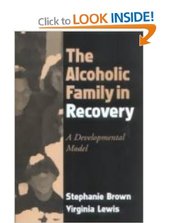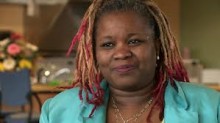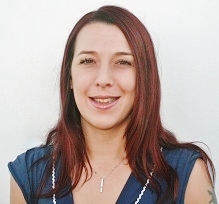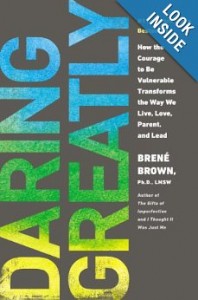 Here’s an excellent description of ‘tasks’ for treatment workers, recovery coaches or peer supporters. This quote is taken from Stephanie Brown’s excellent book The Alcoholic Family in Recovery: A Developmental Model.
Here’s an excellent description of ‘tasks’ for treatment workers, recovery coaches or peer supporters. This quote is taken from Stephanie Brown’s excellent book The Alcoholic Family in Recovery: A Developmental Model.
‘Being in recovery is a normal process, with clearly defined, predictable tasks and stages. It is absolutely vital for therapists to know what is normal over time in the process of recovery or they may inadvertently try to treat, stop, or fix what is normal and necessary to growth.
It is the therapists job to stay out of the way of the natural healing process, to monitor progress, and to recognize past or current roadblocks that might interfere with people’s ability to remain abstinent and engaged in recovery.
















